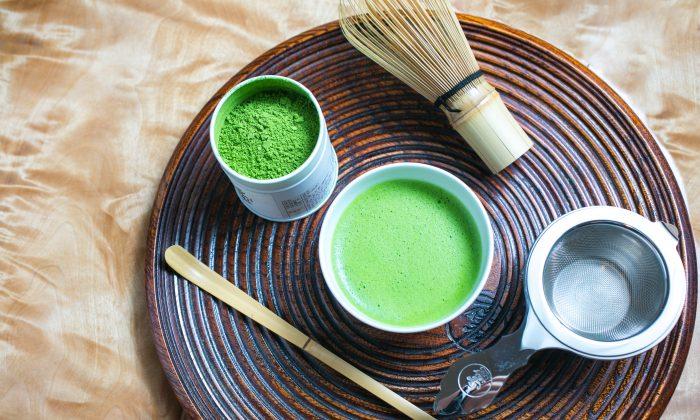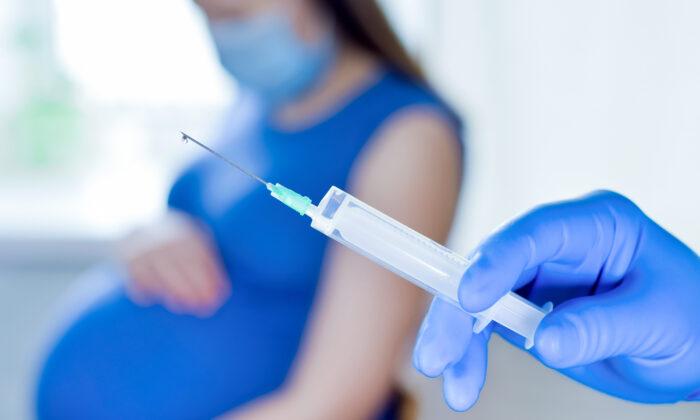Maybe you’ve never heard the word “autophagy” before. Or maybe you’ve been wondering for years what it means.
Autophagy, also called autophagocytosis, refers to a process in cellular biology that has sparked interest in recent years because of its implications for medical science and human health.
Each cell has organelles (cellular organs) called lysosomes that function like a stomach. They digest and break down cellular waste and invading viruses and bacteria. Different forms of autophagy make use of the lysosome’s digestive enzymes to break down cellular components at different scales.
At a crucial level, autophagy allows for the orderly recycling of cellular components, turning them into the building blocks for future cells.- nutrient absorption
- energy production
- making enzymes
- assembling and distributing proteins
- autophagy
- replication
“The most important thing you can do every single day to make sure you are getting into autophagocytosis is to be hungry,” he said.
Hunger, Ealy insisted, is a key strategy that helps the body heal.
Why Do Cells Need Autophagy?
During autophagy, or autophagocytosis, the lysosomes increase a cell’s life span by breaking down and recycling cellular materials. This process also helps the cell balance its energy demands when it’s stressed.A Belgian biochemist named Christian de Duve is credited as the person who invented the term autophagocytosis. De Duve was also the first scientist to show evidence that lysosomes are involved in this process. For his pioneering research (including that on lysosomes), he was honored with the Nobel Prize in Physiology or Medicine in 1974.
In fact, understanding autophagy was so important to medicine that in 2016, the Nobel Prize was awarded to another pioneer in this field: Japanese molecular biologist Dr. Yoshinori Ohsumi.
Scientists have found evidence that there are at least three kinds of autophagic activity that take place within our cells, and that each plays a slightly different role in helping cells maintain themselves. Those are macroautophagy, microautophagy, and chaperone-mediated autophagy.
This kind of autophagy is most often seen when cells are nitrogen deficient. According to the review authors, “microautogaphy is coordinated with and complements” other types of self-eating pathways.
Autophagy and Cellular Energy
Autophagy is particularly important during starvation scenarios in which cells are in nutrient-poor environments and need cellular ingredients as building blocks and to support ATP production, according to a molecular biology research paper published in 2010.ATP, if you remember back to basic biology, stands for adenosine triphosphate. If our cells are little factories, ATP is the fuel they run on. This organic compound, which is found in all living organisms (including the most primitive unicellular beings), provides energy to living cells.
ATP consists of three components: adenine, ribose, and triphosphate. You can also think of ATP as molecular money—the currency that’s needed to transfer energy from cell to cell. ATP is made by tiny organelles inside our cells called mitochondria that are considered “the powerhouses” of the cells.
Autophagy Versus Cancer
Given that it supports the production of more ATP, scientists have long believed that autophagy helps cells survive. While this appears to be true, autophagy also plays a key role in cell death by eliminating damaged organelles and protein aggregates, according to a team of scientists in Massachusetts, writing in the journal Perspectives in Biology and Medicine in 2012.Cancer is the result of the unchecked growth of abnormal cells. Appropriate autophagy is important to stopping tumor growth, inhibiting cancer cell survival, and clearing cancer cells.
Autophagy Versus Spike Proteins
Because autophagy breaks down broken cellular parts and helps our cells rebuild with better ingredients, so to speak, it’s a critical process when it comes to cellular damage, such as that associated with spike proteins caused by the COVID-19 virus and the vaccines mandated in regard to it.Ealy gave the example of a patient who felt very sick after receiving the first Moderna vaccine dose. Five weeks later, she felt better. But after the second dose, which she was advised to get, her health “started going haywire.”
Her legs, arm, and wrists started to hurt. The joint pain was so bad that she found walking upstairs difficult.
“I was having heart palpitations,” the patient recounted in a video interview Ealy played during his presentation. “I was really afraid I was going to die.”
She had bloodwork done by her general practitioner about a week after receiving the second vaccine dose. Her doctor was concerned by the numbers.
This patient had been previously diagnosed with hypothyroidism (a pathologically slow thyroid). Even so, her thyroid-stimulating hormone skyrocketed to abnormally high levels, even for her condition.
“My suspicion was that the mRNA sequences were still viable and still producing spike protein,” Ealy said.
Ealy believed his patient’s symptoms, including the joint pain, muscle weakness, and heart palpitations, were because her body was still producing the SARS-CoV-2 spike proteins, coded by the vaccine mRNA.
“Fasting is the off-switch,” he said.
After studying cellular biochemistry, Ealy believes that a three-day water fast, which compels the cells to engage in autophagy, can help the body clear these spike proteins, whether they’re from a SARS-CoV-2 infection itself or from an mRNA vaccine.
After the three-day fast, he prescribed 11 days of targeted nutrients and enzymes to further help his patient break down any circulating spike proteins.
It took the patient three cycles of fasting followed by nutritional healing before she started to feel better. But the results were startling. After those cycles in which she had her blood redrawn, her doctor was astonished by how healthy her hormone levels were. They were so normal, in fact, that her doctor wondered if the protocol had reversed her autoimmune condition.
“Every time I did the three-day water fast, I always felt so good,” Ealy’s patient said.
Fasting isn’t something that conventional practitioners and patients associate with well-being. And a three-day water fast isn’t something that should be taken lightly and without medical supervision.
But when it comes to well-being on the cellular level, Ealy insists that fasting—and inducing autophagy—is an important way to help the body heal.




